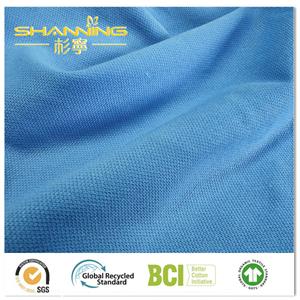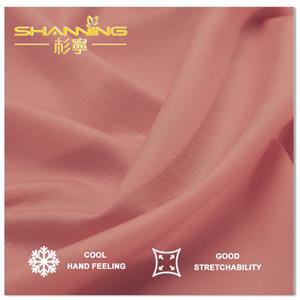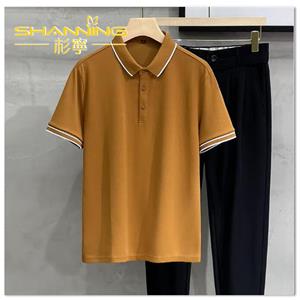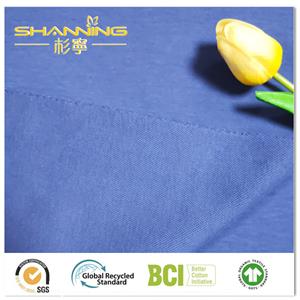Shanning report on fashion And technology Trends In 2024

Every year comes with novelties that modify how we do, see, and think, making society change by adapting to different landscapes conditioned, above all, by constantly evolving technological discoveries. Fashion and textile industries are not lagging behind and every year are evolving towards a future motivated by the search for a more sustainable world.
Fashion industry challenges and opportunities for 2024
The fashion industry will experience different challenges and opportunities that the fashion industry will face throughout the year. Brands must be aware of all of them to grow and adapt to a totally new scenario that technology is preparing for the years to come. According to the McKinsey & Company Report “The State of Fashion 2024: Finding pockets of growth as uncertainty reigns”, 2024 is going to be characterized by:
Global economy: Due to geopolitical challenges, the different suppliers, brands, and retailers related to the fashion industry may need to strengthen their contingency plans and manage uncertainty.
Consumer habits: The COVID-19 pandemic empowered people to travel and spend more time outdoors, and fashion trends reflect this through the newest lifestyle collections.
Technology: Talking about technology, the most iconic moments of 2023 were related to generative artificial intelligence. In fashion, IA will challenge human creativity and also create new custom options that brands can offer to their customers.
Climate change: Sustainability is trendy. As 2023 has been one of the warmest years that humanity has ever registered, sustainability has become one of the priorities for most of us, and governmental regulations are getting tough on it through international compromises, such as the United Nations Conference of the Parties or COP27 that took place in Egypt last year.

Fashion technology in 2024
Technology advances are one of the most important “game-changers” in several aspects of society. In previous years, it is common to see companies that grew due to a better and faster adaptation to different technological innovations that give important advantages to their competence. We have seen how the world has experienced changes that completely redefine the way we live and interact with others, whether people or brands
Fashion is also dependent on technology for its development. Every year, new discoveries change something about the fashion industry at some point in its chain: sometimes these technologies influence how apparel is made, and others change society’s consumption habits. It seems like 2024 is going to be a remarkable year for fashion technological innovations and all the industries that surround it.
Technological trends for fashion in 2024
Hyper-personalization: Personalization has been one of the most important points that brands have been working on during the last few years. Due to generative Artificial Intelligence, personalization possibilities expand in a way that we have never thought before.
Immersive shopping experiences: Augmented Reality and Virtual Reality are the technological heritage from 2022, the year where the metaverse looks like the most important innovation since social networks or smartphones. Currently, fashion brands are landing into the metaverse, and news such as Mango joining Roblox, opening a digital store on the platform will become more common.
Wearable technology: IoI or the Internet of Things has arrived in the fashion world. Smart fabrics communicate with different gadgets or sensors that track our health data or can even change their color of our them. This trend began years ago with performance apparel for sports professionals, but a healthy lifestyle has popularized this type of body-control gadgets.
Sustainability: Sustainability’s best partner is technology. The textile industry has been working on several studies whose objectives are looking for new sustainable fabrics, materials, and other changes relative to the supply chain’s sustainability. Empowered by societal demand and governmental legislation for a more sustainable future, textile companies must adapt their activities to circular business models, using bio-based or recycled fabrics to create their collections. These sustainable materials are constantly evolving and normally come from organic fibers, deadstock fabrics, or other recycled materials. Recovo helps fashion companies adapt their business models by selling their deadstock fabrics or developing SaaS to manage stocks.
Conclusions
Technology is here to reimagine everything. Those capable of adapting faster to these new advances will take advantage of their competitors and will give extra value to their stakeholders.
The fashion industry is constantly changing because of this technological background that involves every single part of our society. Suppliers, retailers, and producers must work together to be updated and accomplish every single demand that consumers are asking for. Technology appears then giving multiple tools that offer fashion industry solutions and new possibilities that modify its landscape.
In 2024, fashion technology innovation will be led by the landing and popularization of AI and bio-based fabrics that will face some of the most important brand's collections and fashion shows worldwide.




